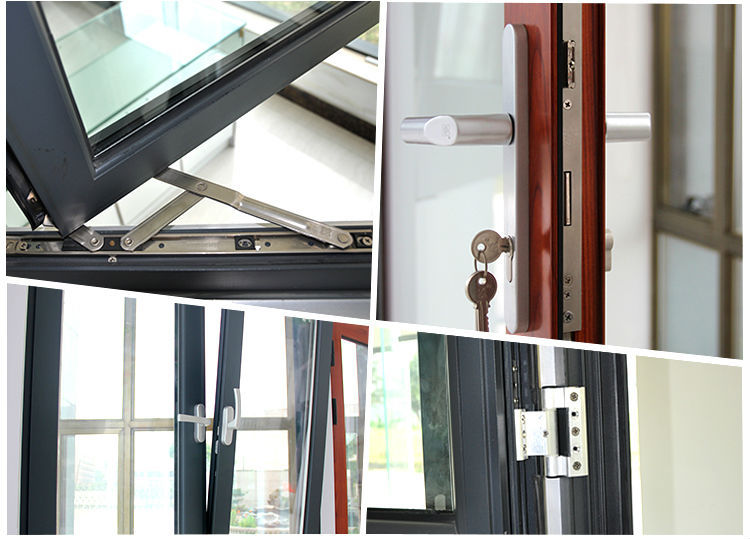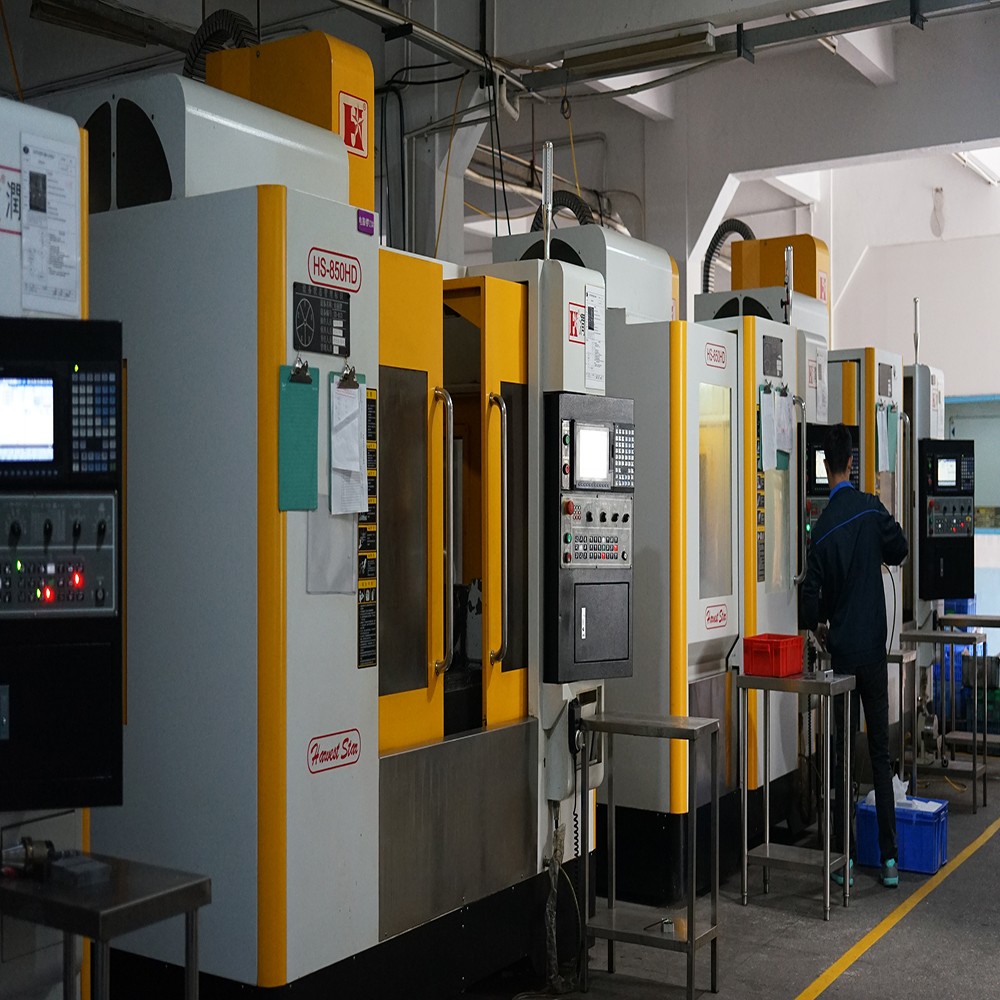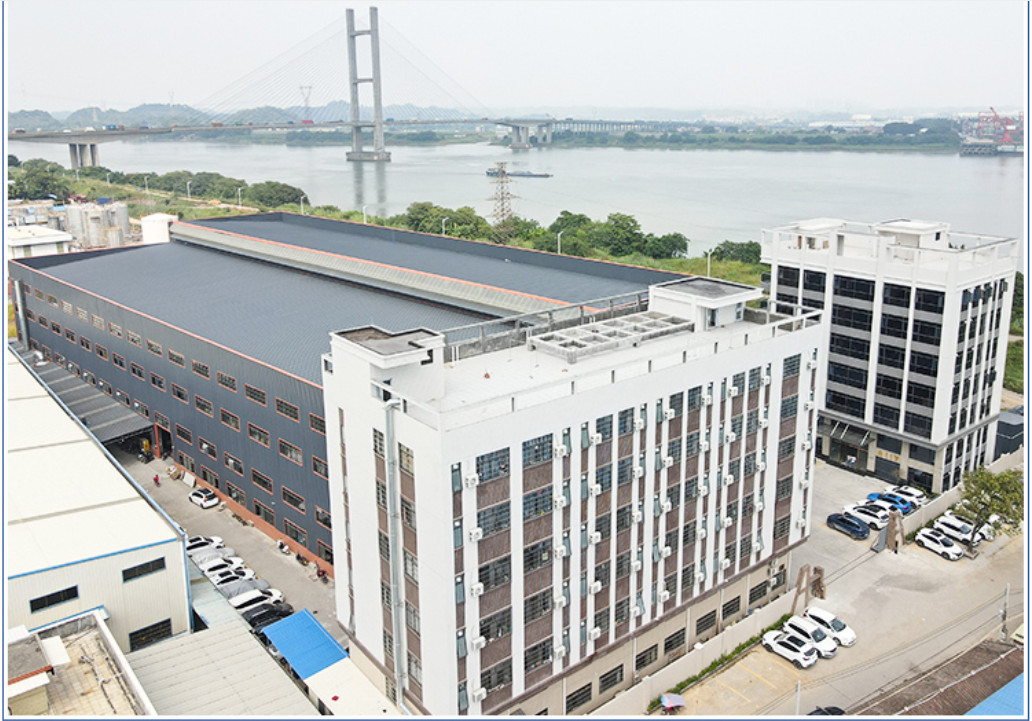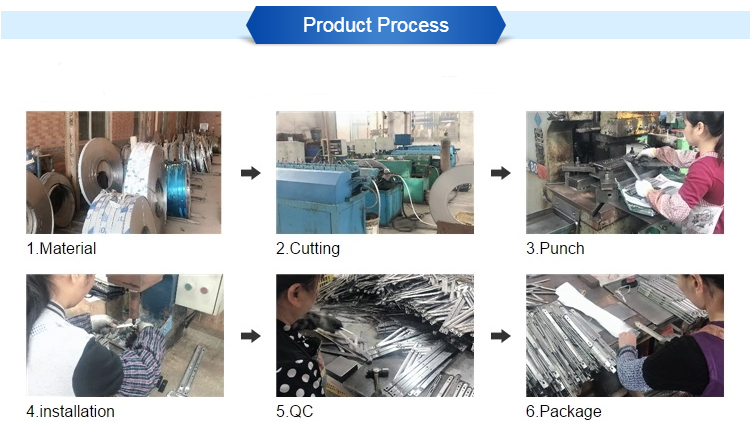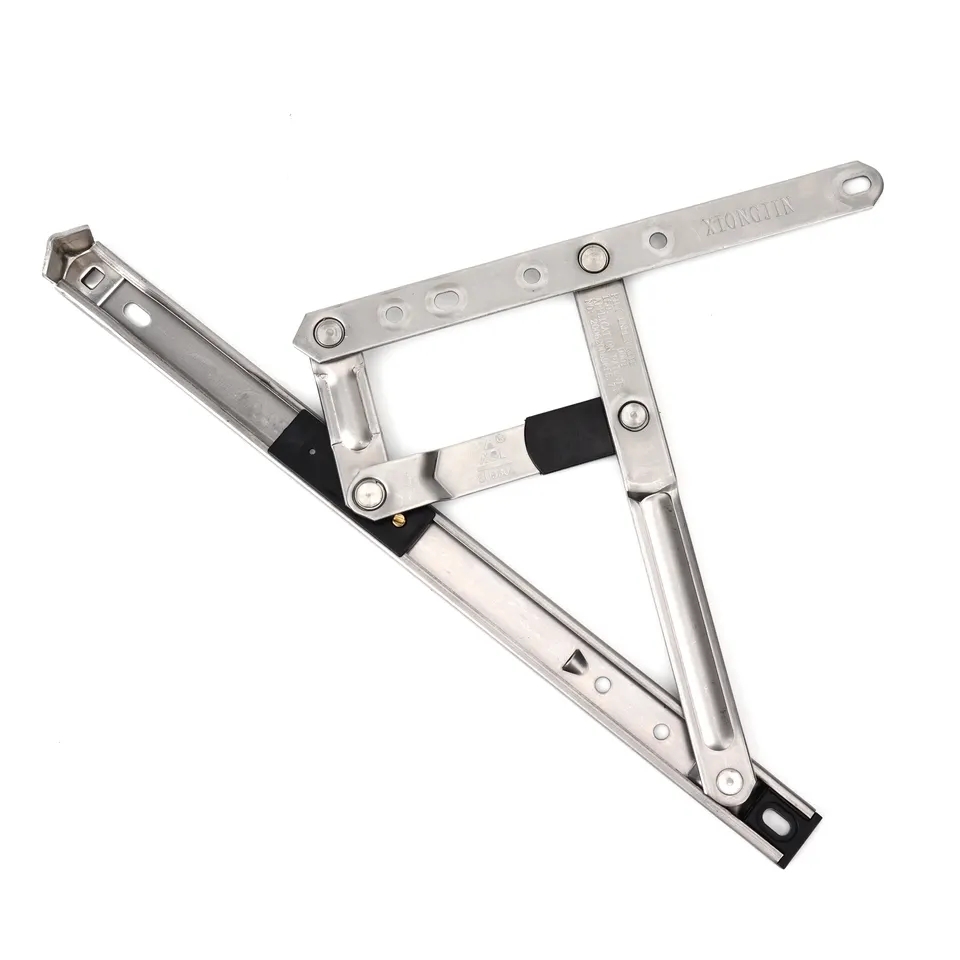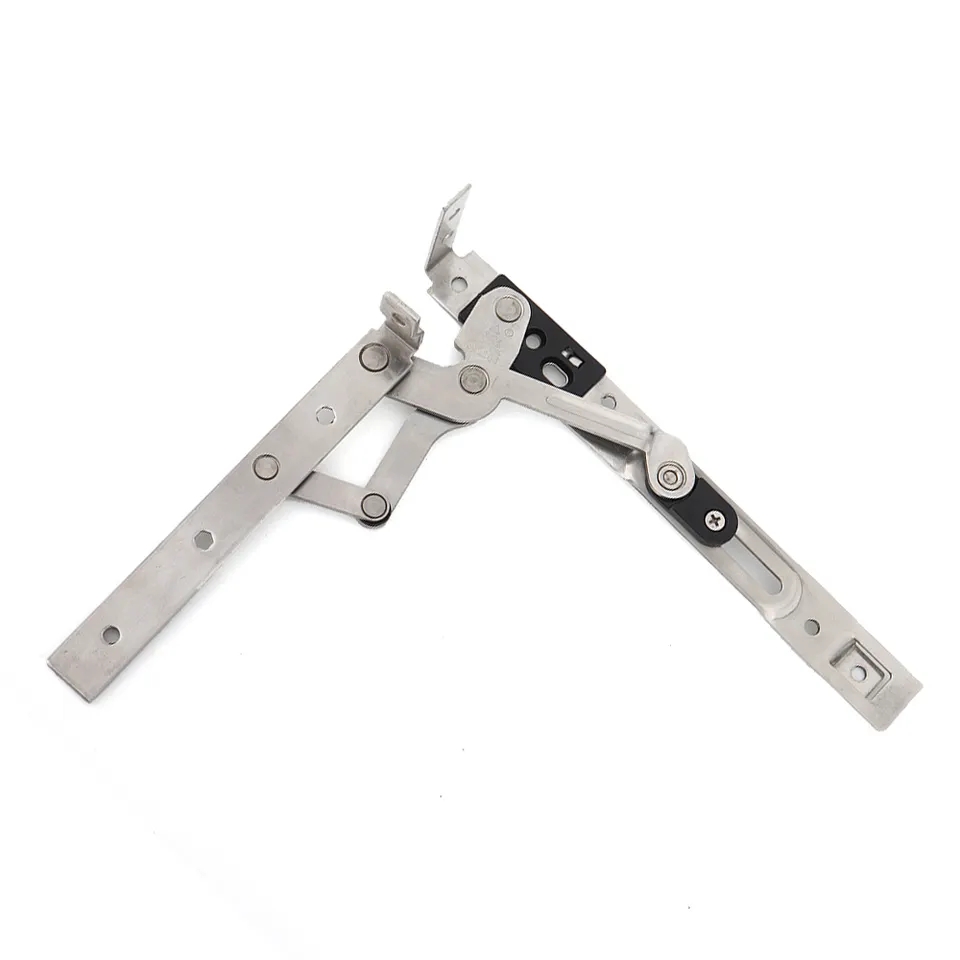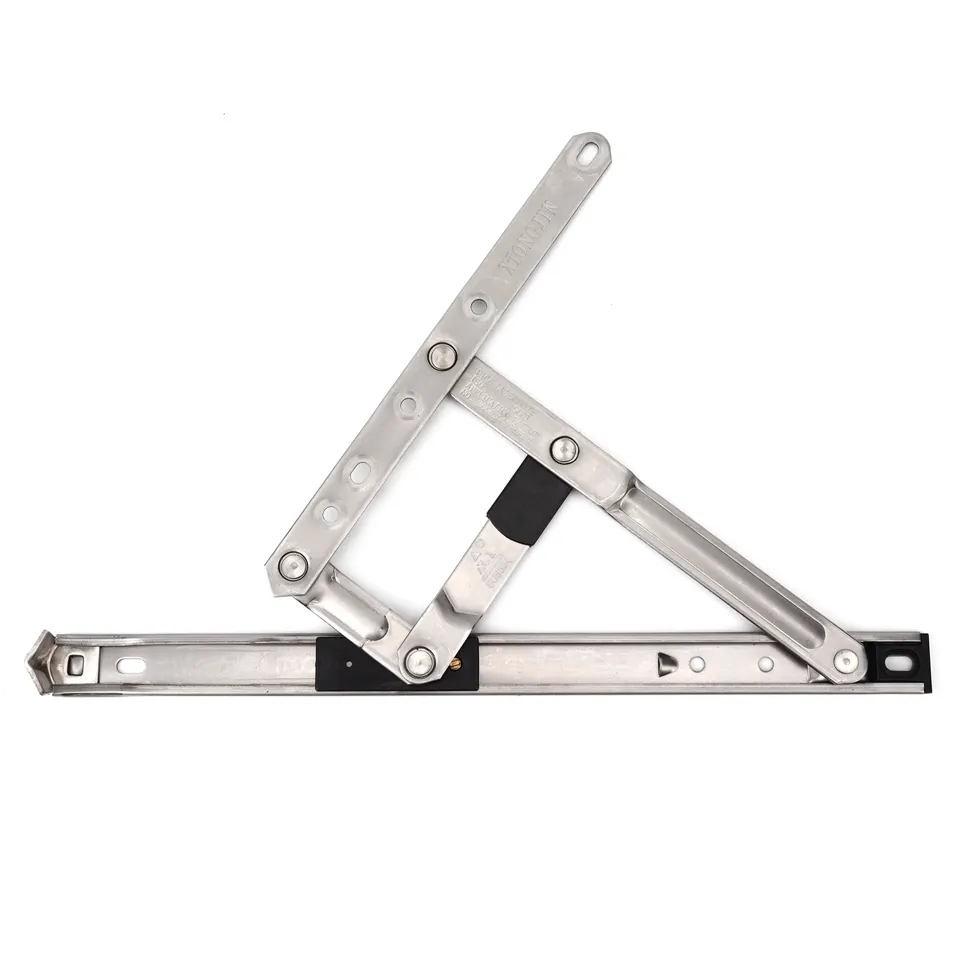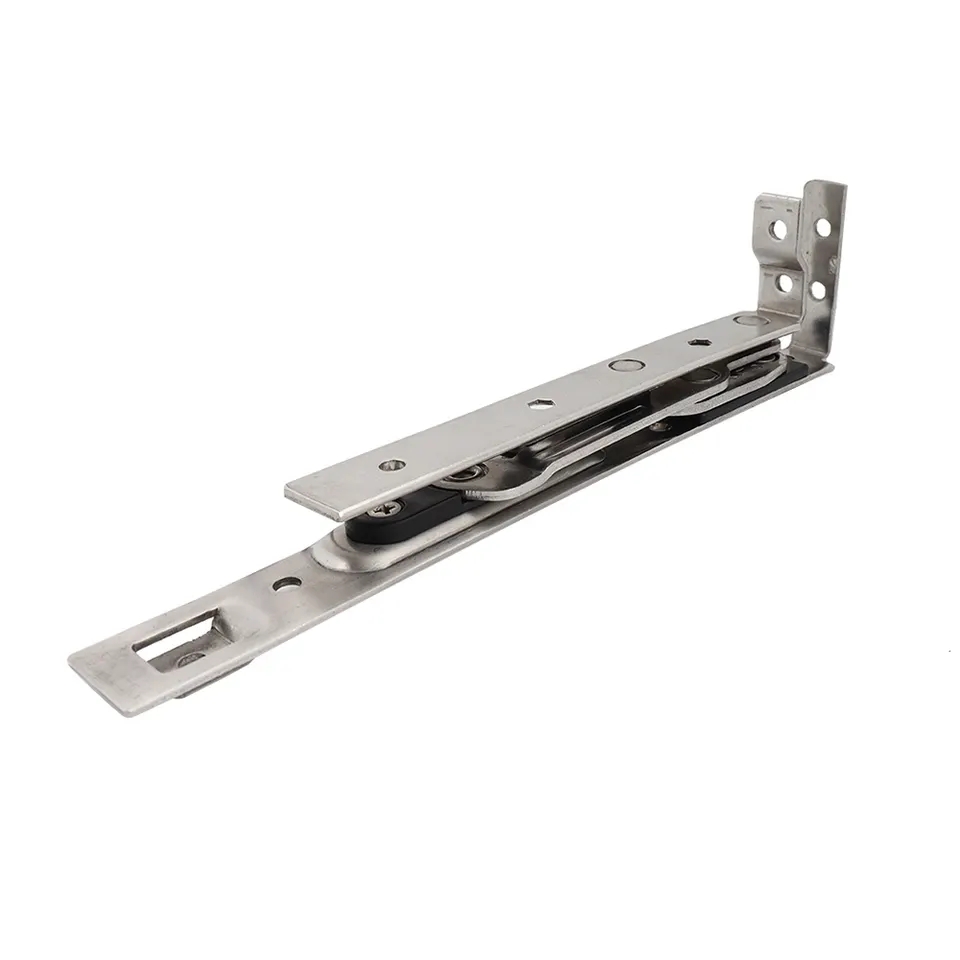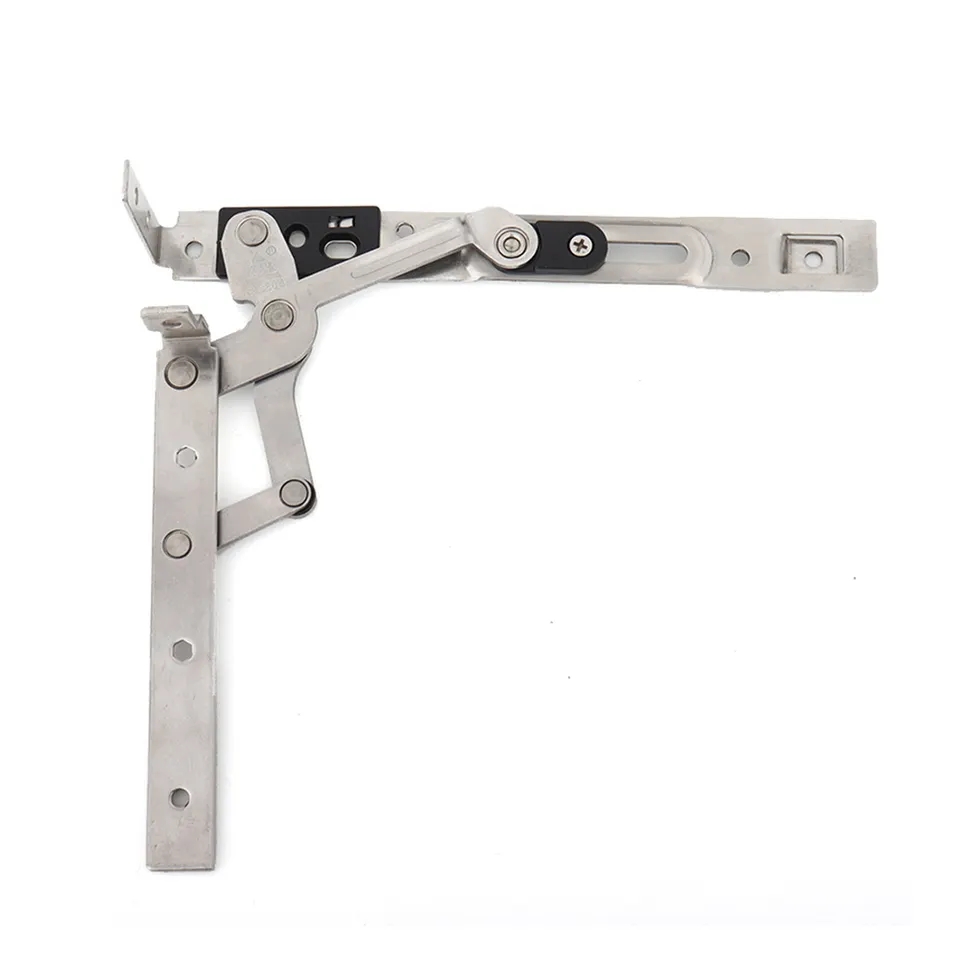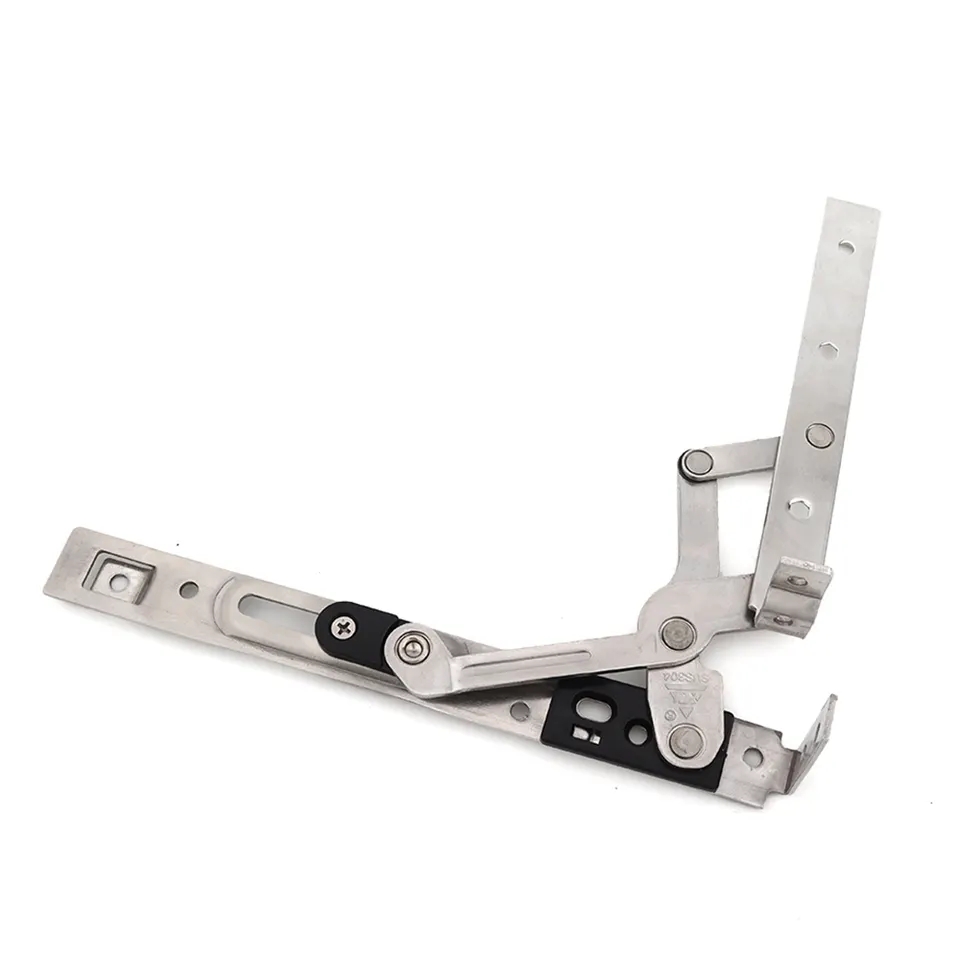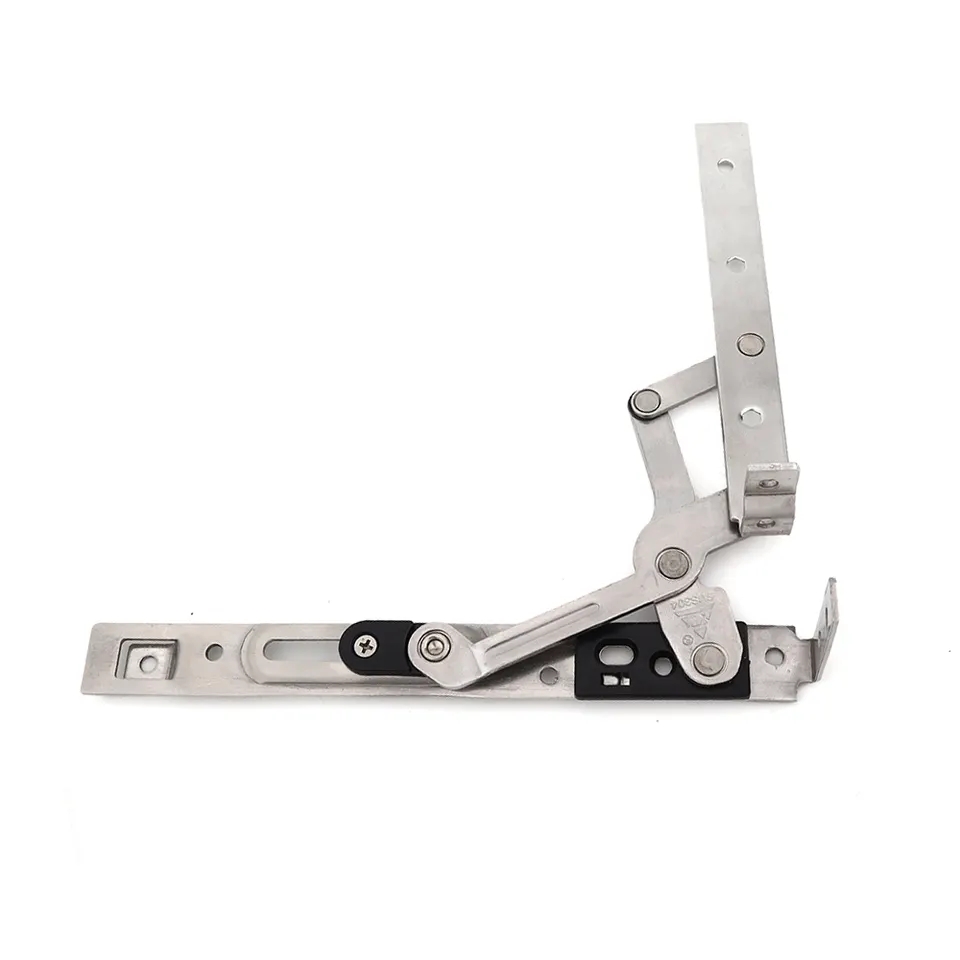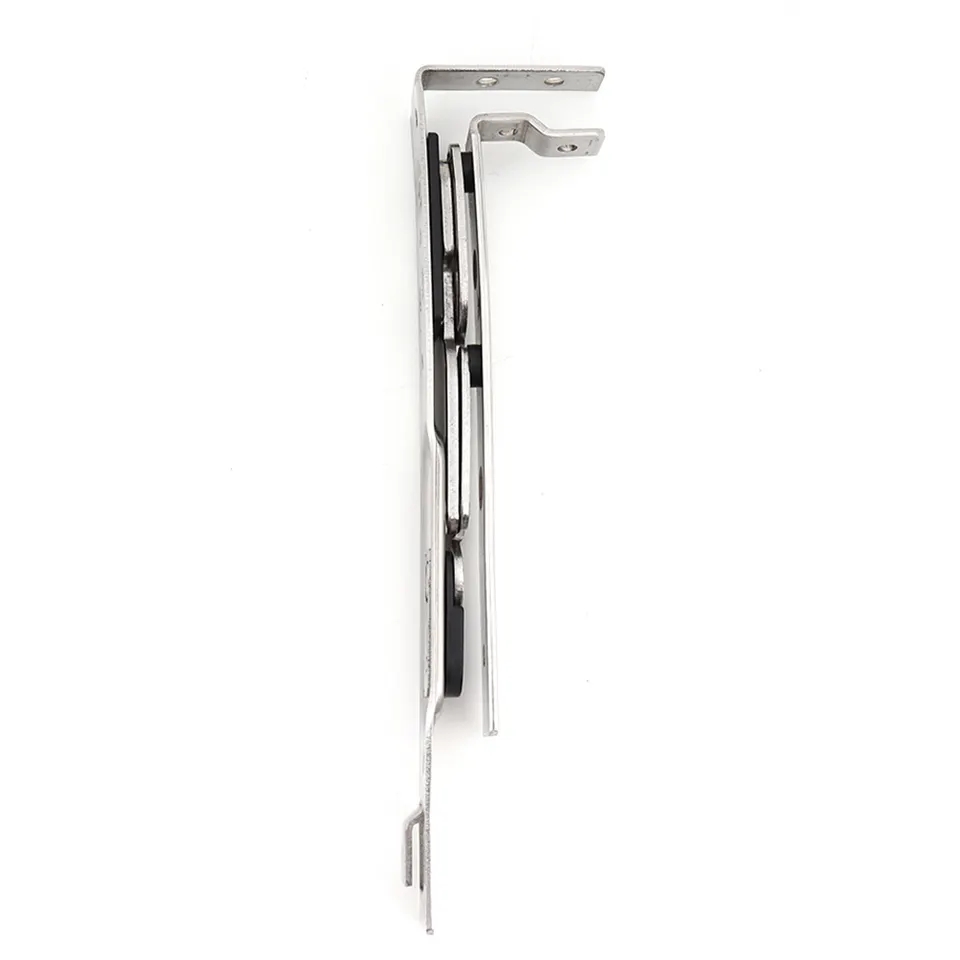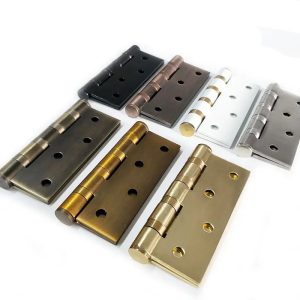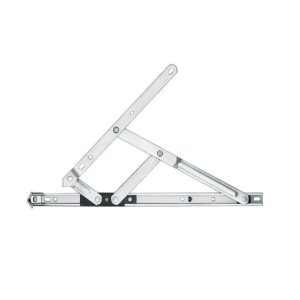Window Hinges: The Artful Fusion of Aesthetics and Practicality in Architectural Design
Introduction
In the world of architectural innovation, where imagination converges with utility, window hinges emerge as the master weavers that seamlessly blend the threads of artistic beauty and functional practicality. These seemingly humble components hold the power to shape both the visual aesthetics and operational efficiency of architectural spaces. This article delves into the captivating tapestry woven by the harmonious interplay between aesthetic allure and pragmatic functionality, orchestrated by the mechanism of window hinges.
Architectural Choreographers
Window hinges function as the choreographers of architectural movement. They dictate the rhythm of interaction between indoor and outdoor spaces, guiding the choreography of how windows open and close. A pivot hinge introduces moments of pause, while a sliding hinge unfolds panoramic views with the grace of a well-choreographed dance.
Design as Expressive Artistry
The design of window hinges serves as an expressive artistry that communicates architectural intent. Architects have the creative freedom to select hinges that resonate with the design narrative, either blending seamlessly or standing out as exquisite accents. The design of these hinges adds layers to a building’s personality, narrating tales of history, modernity, or aspirational visions.
Engineering Precision as Architectural Craftsmanship
Beneath the surface elegance lies the architectural craftsmanship of engineering within window hinges. Engineers meticulously calculate forces, friction, and material strength to ensure the hinges operate seamlessly and endure the test of time. This fusion of engineering precision and architectural form elevates hinges from mere functional elements to refined works of art that epitomize the marriage of beauty and utility.
Aesthetic Synchronization in Motion
Window hinges contribute to the aesthetic synchronization of dynamic spaces. Architects can select hinges that seamlessly complement the architectural style, resulting in a harmonious blend of form and motion. The interplay between the hinge’s design and the overall aesthetics of the building crafts spaces that are both visually captivating and operationally effective.
Bridging Tradition and Modernity
Window hinges act as the bridge between architectural tradition and contemporary innovation. Reproduction hinges pay homage to design elements of the past, while modern hinges incorporate advanced materials and mechanisms. This dialogue between history and progress weaves a narrative of architectural evolution.
Security with Subtle Elegance
Modern window hinges seamlessly integrate security measures without diminishing elegance. Advanced locking systems and discreet designs provide occupants with a sense of security without overshadowing the visual sophistication of a space. These hinges symbolize the fusion of security and subtlety.
Champions of Sustainable Design
Window hinges contribute to sustainable design by enabling natural ventilation and energy efficiency. Architects can strategically position windows to harness natural airflow, reducing reliance on mechanical cooling systems. Hinges become advocates of environmentally-conscious architectural solutions.
Envisioning the Future of Hinges
As architecture evolves, window hinges will evolve as well. With advancements in materials, smart technology integration, and innovative design concepts, the role of hinges will transform. These hinges might embrace automation, adapt to changing environmental conditions, and incorporate materials with reduced ecological impact, further merging aesthetics and functionality.
Conclusion
Window hinges emerge as the virtuosos orchestrating the seamless union of architectural beauty and functional ingenuity. Beyond their mechanical role, they encapsulate the very essence of refined design and operational brilliance. Architects, collaborating with window hinges, craft spaces that transcend conventional limits, inviting occupants to participate in the symphony of aesthetics and utility within the ever-evolving canvas of architecture.
